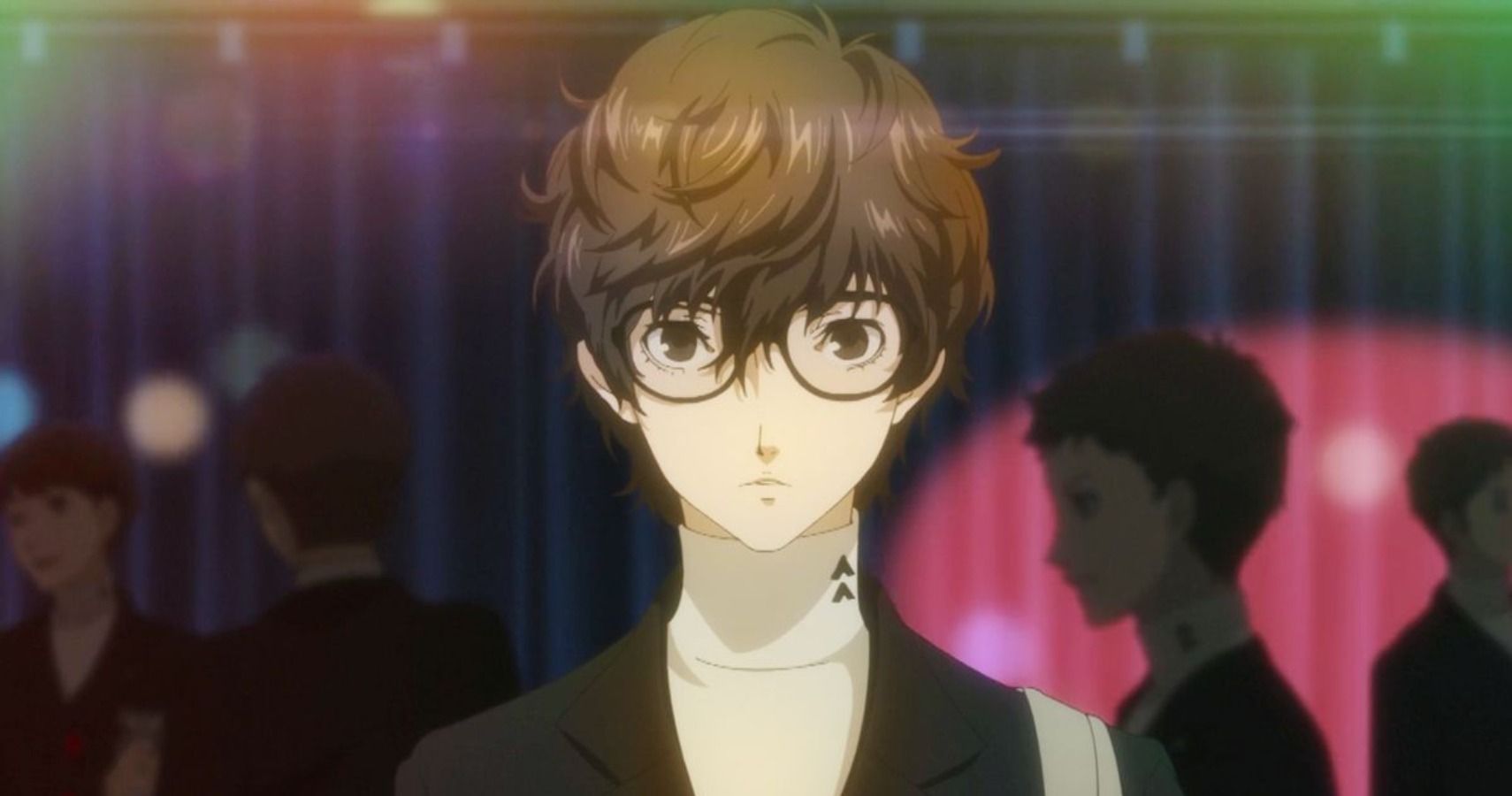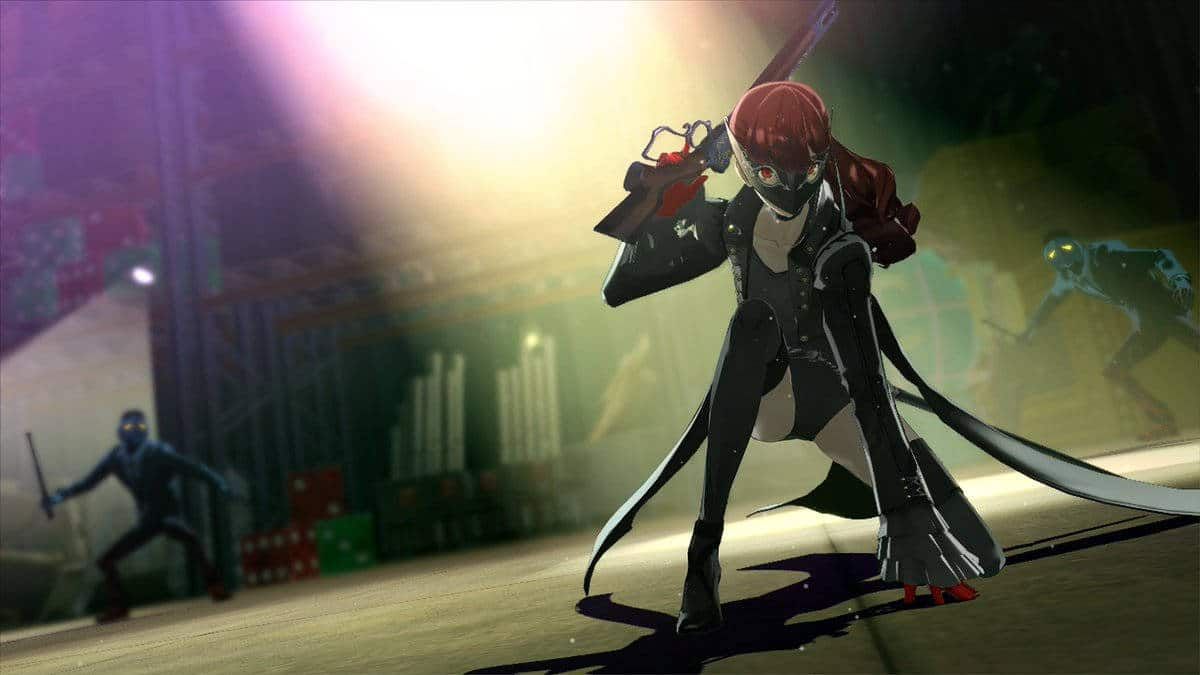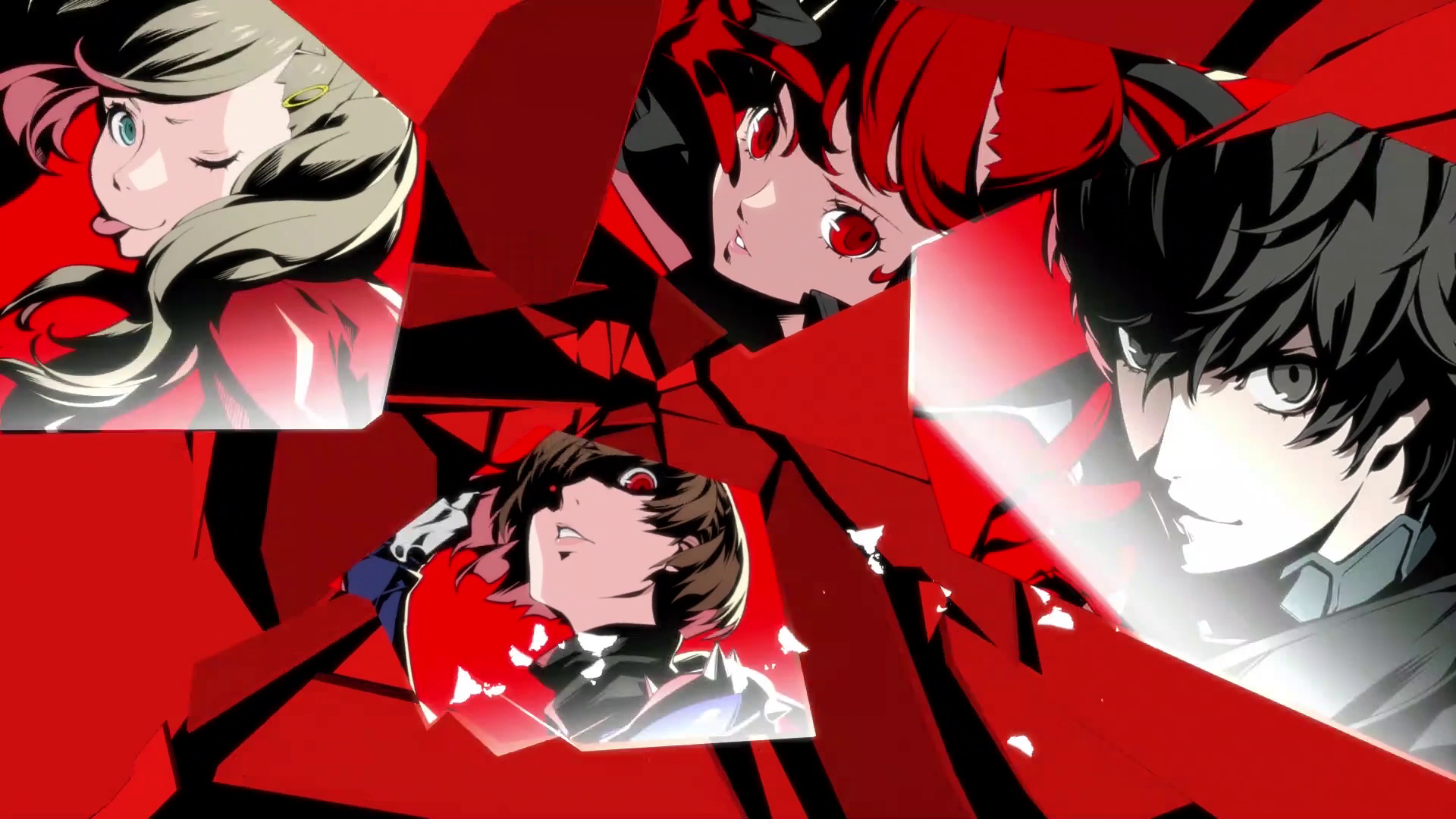I never intended on buying Persona 5 Royal. I’d already played Atlus’ original effort from 2017, and forking over a small fortune for what looked like a car that had been rinsed through a 15-minute car wash felt a bit like buying a spare calendar in December. A bit different, sure, but I’d already committed to using the first one and gotten just about everything I needed out of it.
Fast forward to March 31, 2020 and I’m approximately three weeks into lockdown, bored out of my sunlight-deprived tree. Persona 5 Royal shows up on the PS Store and all of a sudden I’ve gone near-feral. My mate rings me and says we can split it via game sharing - before I know it, I’ve sent him 35 quid faster than Bezos earns it. Listen, it’s a 120-hour game that’s released less than a month into a pandemic - can you blame me?
And so I boot up Royal and start making my way through its introductory section. I’m playing like some possessed speedrunner, by the way, because I know this shit inside out. Wait, hold on a second - has my game crashed? It’s not supposed to stop here, what’s going o-
Who’s this then? What’s her craic?
Persona 5 Royal is so much more than a definitive edition of an existing game. I mean, it’s that too, for sure. But it also completely supersedes our understanding of what constitutes the definitive version of something. It’s not a content pack that comes with a base game and all of its DLC. Instead, it’s an experience that has been made more comprehensive not only by tacking an extension onto the end, but by being expanded from within. It’s like you’ve got a great big block of metal and whacked it on top of a furnace - the entire entity grows larger, as opposed to one side of it gradually beginning to stretch itself out from the rest.
Related: The Persona 5 Soundtrack Is On Spotify Now - Here's Why That Matters
We see this in films, sure. I’m a big proponent of making my pals watch the extended editions of The Lord of the Rings instead of the theatrical cuts. We’ve also witnessed this happen elsewhere in the Persona series - Persona 4 Golden, originally released for the PS2 in 2008, offers a similarly revamped experience of its base game to Royal. However, Royal stands alone as a masterclass of this kind of reappropriation in games. Its introduction of new characters offers us a fresh look into each and every one of those who already existed, while its savvy reshaping of a complex narrative structure means that although certain story beats are certainly similar to before, their effect is largely altered. Playing Persona 5 Royal elicited a completely different emotional response from me than Persona 5 (2017). If anything, the fact that a decent amount of it was familiar only made the newer elements hit way harder - by the end of the game, I felt like someone was pogo-sticking on my brain with an emotional jackhammer.
And so this game that I had previously considered a cash-grab ended up becoming one of my favourite titles of 2020 across the board. Now that I’ve seen Royal’s magic at work, I can’t help but feel disappointed that this structure doesn’t necessarily appear elsewhere. The Witcher 3 is my favourite game ever and I’m not sure I’d change a single thing about it, but if you told me that the next-gen version for PS5 and Xbox Series X introduced cut or additional content throughout the story, I’d book a week off work and lock myself in my room. Mass Effect Legendary Edition is also just around the corner and I’m well excited - but imagine extra scenes with Garrus, or Tali, or Wrex. I'd be recklessly flinging my money at BioWare in less than 30 seconds.
There’s just something special about reexperiencing a story you already love in a different light. Although it wasn’t originally intended to apply to this exact context, I think T.S. Eliot’s musings on the historical sense are apt in this instance:
“The historical sense involves a perception, not only of the pastness of the past, but of its presence; the historical sense compels a man to write not merely with his own generation in his bones, but with a feeling that the whole of the literature of Europe from Homer and within it the whole of the literature of his own country has a simultaneous existence and composes a simultaneous order. This historical sense, which is a sense of the timeless as well as of the temporal and of the timeless and of the temporal together, is what makes a writer traditional. And it is at the same time what makes a writer most acutely conscious of his place in time, of his contemporaneity.”
What this means in context is that the inherent pastness of Persona 5 is both acknowledged and dismissed by Royal - it is wrenched into a new form that is almost like a weird doppelganger of itself, except with a whole new personality. It notes the traditional structure of Persona 5, but introduces a whole new set of mechanisms that catapult it into contemporaneity. It is the perfect evolution of an already remarkable game.
When I sit down and think about what Royal did now, I think only of the opportunity for other games to do the same. Having felt the effects of this phenomenon firsthand, I feel nothing but disappointment in terms of how seldomly it happens elsewhere, or in terms of how rare a gem Royal truly is.



